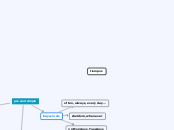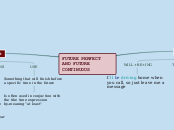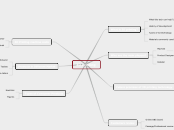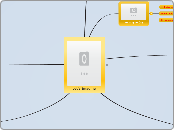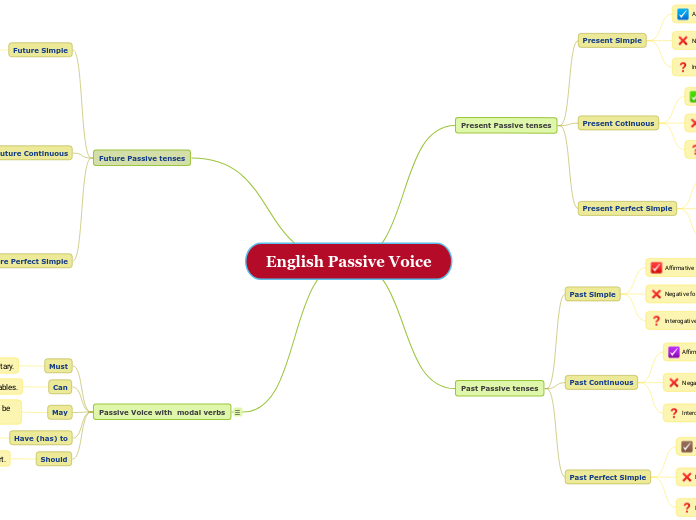door Nerea Nasarre 7 jaren geleden
180
tiempos
The text outlines English grammar rules for different tenses and their specific uses. It discusses the "be going to" form for expressing future events tied closely to the present, plans, intentions, and predictions.
